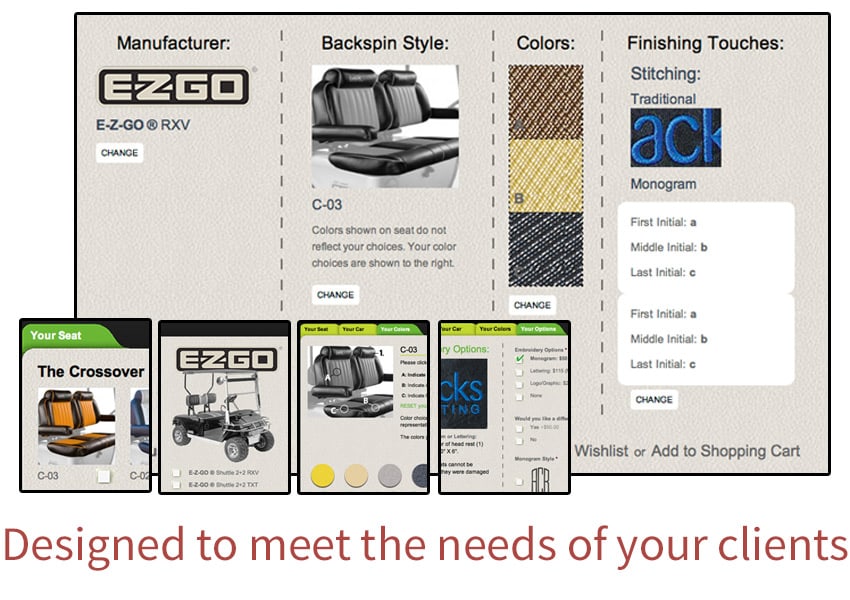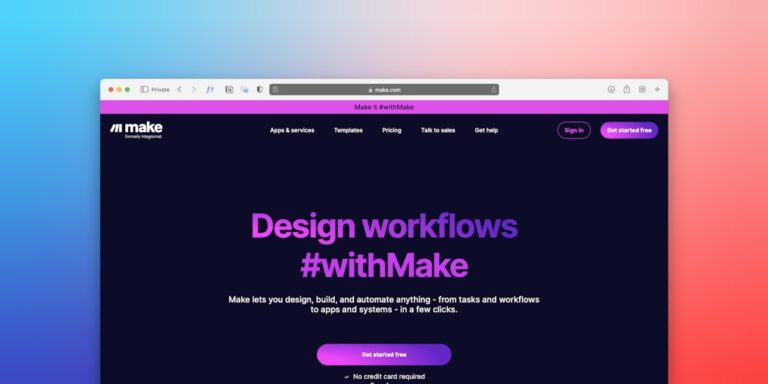Why Great UX Design Matters (And Always Will)

The standards we use to design websites have changed. It isn’t enough to simply have a nice-looking website.
This is mainly because our relationship with technology has never been more intense. The focus on interactivity and user experience is at an all-time high.
There is no such thing as a great website, application, or product that doesn’t have a semblance of logical interactivity with the end user. User experience is everything—its value is absolutely paramount because, without it, you will have a shiny piece of technology that sits unused. Well, thought-out user experience can make the difference between a product that generates $1,000,000 in sales versus one that only makes $100.
What is user experience, anyway?
To put it simply: User Experience (UX) is how someone interacts with a web application. It’s the way someone feels when they use that web application. It’s that “thing” that gets your users nodding their head, impressed with the quality of your web application. UX design isn’t just a buzzword or fad, it is a philosophy coupled with various techniques and methods that will get the job done.
In 2014, there is a definite focus on user-centered design. Everybody wants to have a product or web app that can seamlessly meet the needs of their users and customers. The good thing is that accomplishing that isn’t exactly difficult, but it does require a precise understanding of your business and your clients.
Most great websites will have great UX design—period. Great UX design is achieved with a highly detailed understanding of your product and your users.
It is about asking the right questions. For instance…
- Who will be using my website?
- Why are they using it?
- In what way will they be using it?
- How should my customers feel when they use my website?
- Is my website confusing?
- Are there any glaring mistakes with my website?
And these are just sample questions that you can run into when embarking on a design project. Answering these questions will enable you to better understand your product and your users, while also giving you a better idea of how to make your website better.
It is about transferring your thoughts and ideas to a plan or blueprint. Your idea for a product or website is worthless until you make it tangible. Being able to see what your site will look like and how it will roughly behave is one of the first, and more important, steps to great UX design. Wireframing, sketching the website, or writing a highly detailed list of the features and intended functionalities of a site is the first step in mapping it out. Having something tangible which you can look at, and later refer to when you embark on a new project is crucial because it will help guide your thoughts and ambitions.
It is about testing the viability of your website. Great UX design hinges on user testing. Usability will tell you what you really need to know about your website. It is not only about asking good questions, but it is also about really discovering your product’s weak points (and fixing them).
User testing is releasing your product to a small number of beta users (or the team members for your project) and having them use it to check where it’s strong and where it’s weak.
It is about fixing the weak points. If you have glaring issues with the functionality of your website after your tests, then it is your responsibility to fix them. You want to eliminate anything that will deter or confuse your users. There should be no cracks or crevices for any issue to slip through.
Sometimes you will have to fix only small issues, like certain web pages malfunctioning. Or maybe the speed of the software is too slow.
Other times you will run into larger problems like your checkout process takes far too long. Or maybe the product’s interface is not too user-friendly and needs to be revamped. There can be instances where you will need to discard many of the ideas that you were working with and start over. This is expected and necessary. This is the reason why we test a product’s usability. Being lazy will result in only a website that will perform pathetically and have no longevity. You want to find as many gaping holes as you possibly can, as that will force you to create a great site.
There is a point where the satisfaction of your users must intersect with the ambitions of your business. Having a stellar website that doesn’t accomplish what you’re looking for (whether that’s higher sales volume, brand recognition, or whatever). The truth is focusing on user experience is a good design—you will not only satisfy your users, but you will have a much clearer understanding of your website and your business.
















